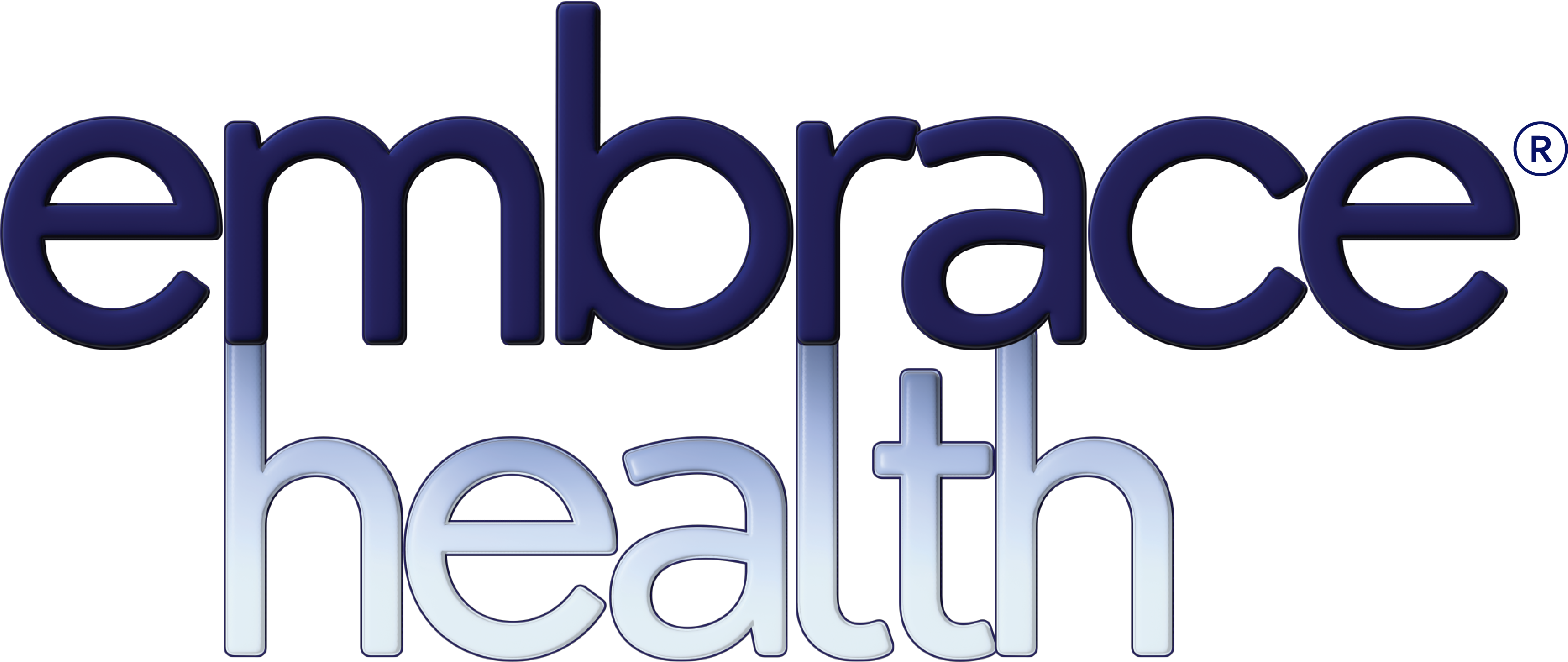Iowa has many things to be proud of. It is a state that has been given the cultural label of “Iowa nice”. Referring to the stereotypical attitudes and behaviors of its residents, particularly in terms of the friendly agreeableness and emotional trust shown by individuals who are otherwise strangers. This quality of “Iowa nice” gives evidence of friendly people and safe communities.
In statistical terms, in a 2008 national study published in the scholarly journal Perspectives on Psychological Science, a publication circulated on behalf of the Association for Psychological Science, researchers Peter Rentfrow, Samuel Gosling, and Jeff Potter analyzed the personality traits of individuals in different parts of the United States. The scholars found that Iowans scored as the fifteenth most agreeable and fifteenth most extroverted Americans compared to people of the other fifty states.
As we Iowans know, Iowa is a farm state. Hogs are Iowa’s leading source of income from livestock, followed by beef cattle – and Iowa raises more hogs than any other state. It’s also a leader in the production of milk, chicken, and eggs. Iowa is also a leader in the nation in corn growing and soybean production. This rich agricultural lifestyle gives Iowans access to beautiful landscapes, and fresh, local produce.
In a 2021 U.S. News and World Report survey, in the 50 U.S. states, Iowa was ranked with an overall score of #12, up from the 2019 ranking of #14. Of its population of 3,155,070 people, 41.2% are college educated, the median income is $32,662, and the GDP is $195 Billion. Other categories which elevate Iowa to such a high ranking are: opportunity (#1), crime and corrections (#14) education (#18), infrastructure (#19), health care (#20), natural environment (#20), and economy (#27). Iowa is a state doing a lot of things right, but where does it stand regarding mental health care, and why does it matter?
Mental Health in Iowa
Iowa is part of NAMI [National Alliance on Mental Illness], the nation’s largest grassroots mental health organization dedicated to building better lives for the millions of Americans affected by mental illness. Improving access to mental health care not only improves the lives of individuals but has the ability to improve communities as a whole. World Psychiatry states “We have an ethical obligation to make our communities healthier, with a universal approach to treatment rather than treatment for the very few. Like Martin Luther King Jr. said, “of all forms of inequity, injustice in health care is the most shocking and inhumane”.”
According to NAMI, 1,821,280 (nearly 58% of) people in Iowa live in a community that does not have enough mental health professionals, making it more challenging for those living in rural Iowa to access therapists and psychiatrists. The Treatment Advocacy Center (TAC) states that Iowa ranks near the bottom at 47th in the number of psychiatrists licensed to provide care.
Some additional facts and statistics on mental health in Iowa are provided by NAMI:
- 473,000 adults in Iowa have a mental health condition. That is more than three times the population of Cedar Rapids.
- In February 2021, 42.2% of adults in Iowa reported symptoms of anxiety or depression. 25.4% were unable to get needed counseling or therapy.
- 128,000 adults in Iowa have a serious mental illness.
- 37,000 Iowans aged 12-17 have depression.
- 58.1% of Iowans aged 12-17 who have depression did not receive any care in the last year.
- 2,647 people in Iowa are homeless, and one in five live with a serious mental illness.
- In Iowa, 490 lives were lost to suicide, and 129,000 adults had thoughts of suicide in the last year.
- Of the 154,000 adults in Iowa who did not receive needed mental health care, 29.3% did not because of cost.
- 4.7% of Iowans are uninsured.
- Iowans are over two times more likely to be forced out of the network for mental health care than for primary health care – making it more difficult to find care and less affordable due to higher out-of-pocket costs.
NAMI also gives us some disheartening national statistics regarding mental health and incarceration rates.
- 1 in 4 people with a serious mental illness has been arrested by the police at some point in their lifetime, leading to over 2 million jail bookings of people with serious mental illness each year.
- About 2 in 5 adults in jail or prison have a history of mental illness.
- 7 in 10 youth in the juvenile justice system have a mental health condition.
As you can see an inadequate mental health system affects individuals, families, and communities.
Barriers to Care
Although equal access to mental health care is broadly acknowledged as a civil right, many still struggle to get it (Scientific American, 2022). One major reason is cost: Not only is it expensive but many mental health practitioners do not accept insurance because insurance companies do not compensate them adequately. People who are most likely to be in therapy are those who can pay out of pocket.
In addition to cost, another factor that might prevent people from seeking care is the stigma around mental illness. By confronting and dismantling negative stereotypes about mental health, organizations aim to expand access to care in their communities.
Jeff Winton of Rural Minds, one of many organizations with the goal of dismantling the stigma surrounding mental health, explains that in rural areas, mental health is not considered an illness; it’s considered a character flaw.” The problem of stigma goes beyond judgement from others and can also be present with individuals experiencing mental illness firsthand, known as “self-stigma” “Self‐stigma usually describes a process in which an individual with mental illness internalizes the stigma and then experiences diminished self‐esteem and self‐efficacy, limiting prospects for recovery. Social psychologists argue that this process begins even before the person is afflicted with a mental illness because it is during that period that he/she usually learns about and internalizes culturally disseminated stereotypes about such illnesses.” (EMBO Reports, 2016)
NAMI gives us some ways to reduce stigma including not harboring self-stigma, talking openly about mental health, educating yourself and others, encouraging equity between mental and physical illness, showing compassion for those with mental illness, being conscious of language, choosing empowerment over shame, and being honest about treatment.
While working to break stigma in the U.S. is an incredibly important step in helping people get care, stigma is hardly the only issue when it comes to rural America: even when people want [mental health] care they often cannot find a therapist, further delaying them care (or making it so they never receive care at all). As of March 2022, more than 35 million Americans in rural areas lacked access to mental health providers.
Finding Solutions
One solution [to expanding access to mental health care] that has shown promise is telehealth, which exploded in popularity during the pandemic. Pravesh Sharma, a pediatric psychiatrist in Eau Claire, Wis., says the technology has enabled him to talk with patients who would otherwise have to travel for hours to reach his clinic. Now up to 40 percent of his practice is made up of telehealth appointments. Such a call allowed him to connect with a transgender patient in a rural area who needed support communicating with their conservative family. After their calls, Sharma says, the client was better able to have conversations with their family and community.
In addition to expanding access and helping people receive mental health care who otherwise may not be able to, the American Hospital Association states, “Telehealth helps increase health care value and affordability. Virtual care technology saves patients time and money, reduces patient transfers, emergency department and urgent care center visits, and delivers savings to payers. In addition, telehealth helps address physician burnout by reducing clinicians’ drive times and allowing more time for patients.”
Finding quality mental health care should not be a luxury for the few. Everyone deserves access to quality care. The sooner a person can access assistance and treatment for a mental health condition, the easier it is to manage. “Now, more than ever, maximizing patient outcomes will require reaching out to patients earlier in their illness trajectory, helping them recognize mental health needs, and making them co‐leaders in their care.” (World Psychiatry, 2018)
If you are ready to embrace your mental health journey, contact Embrace Health today! We are a virtual practice offering teletherapy and telepsychiatry to people across Iowa. We offer a variety of telehealth services, from individual therapy and group therapy to online psychiatry appointments. All you need is reliable Wi-Fi and a smartphone, laptop, or tablet! To book your first appointment, click here!
Topics Covered:
- Anxiety
- Community mental health
- Depression
- Iowa therapy
- Mental health
- Mental health stigma
- Midwest mental health
- Suicide


